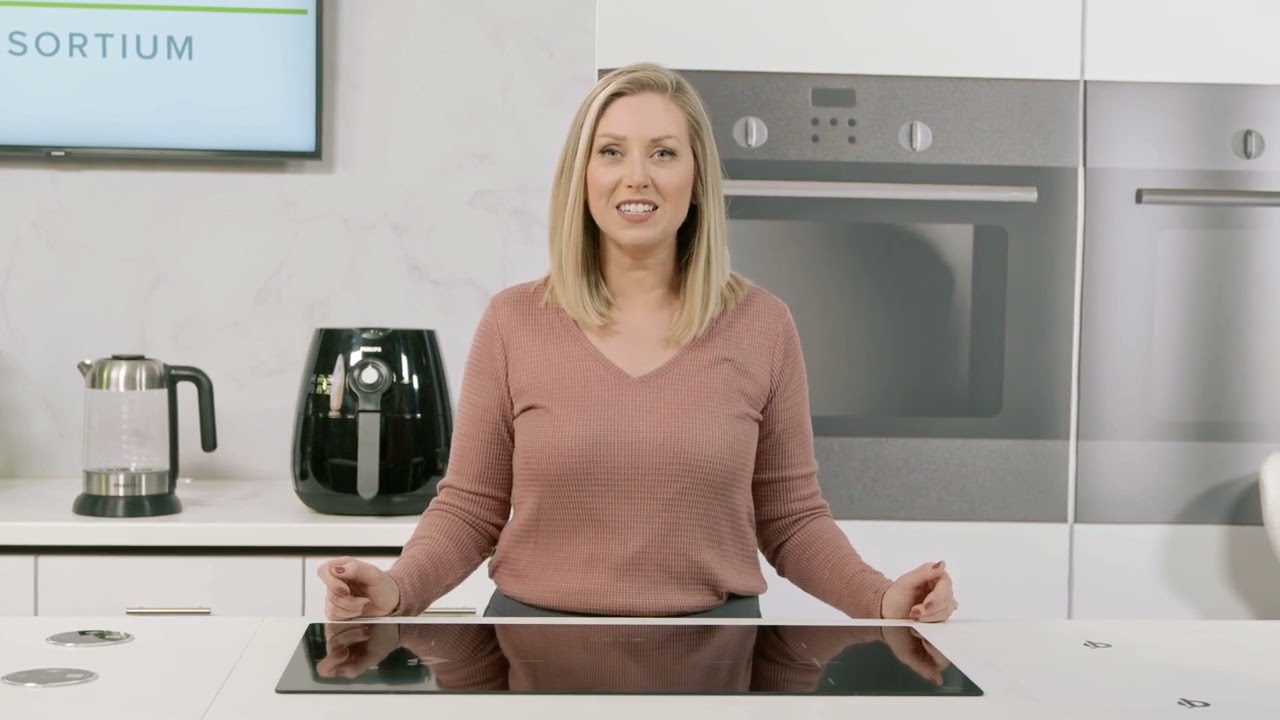Ki wireless power wants to turbo-charge your toaster
This new wireless power tech could banish most of the cables from your kitchen


Get all the latest news, reviews, deals and buying guides on gorgeous tech, home and active products from the T3 experts
You are now subscribed
Your newsletter sign-up was successful
Quick Summary
Imagine Qi wireless power on a much bigger scale: that's Ki. The wireless power standard could deliver cable-free power to all your kitchen gadgets. Even air fryers.
If you love the convenience of wireless charging for your iPhone, Samsung Galaxy or other portable kit, you've probably wished that more things in your home could get their power without wires. And it looks like that wish could soon come true.
The Wireless Power Consortium, the group that sets the standard for wireless charging such as Qi and Qi2, is putting the finishing touches to a new wireless power system for much more powerful appliances. Think kettles and air fryers, not AirPods. The new Ki standard could mean a truly cordless kitchen.
The idea behind Ki is really simple: cordless power for almost everything in your kitchen. That means no cables for your coffee machine, your blender or even your air fryer. Provided it doesn't need more than 2,200W of power, and very few things in your kitchen do, it could potentially go cable-free with Ki. The tech could even be built into your pots and pans to get perfect temperature control via your smartphone app.
The promise of wireless power
The difference between Ki and Qi/Qi2 is that this isn't battery charging but power delivery. That means the coils needed to transmit the power are much bigger than the ones in your Qi charger, but it also means that the devices don't need to have batteries. They're powered directly from the transmitter, so there's no battery longevity to worry about.
The promise here isn't just convenience and less cluttered kitchens. It's also potentially safer too, especially for those of us who have more kitchen gadgets than we have places to plug them in. By bringing the power to your countertop instead of to your wall, Ki could mean the end of running cables or adding extensions to your kitchen sockets. It also means liquid spills aren't a safety hazard, and it would cut the power to any appliance as soon as it's moved off the power transmitter.
That's the good news. The bad? You can't buy it just yet, and you'll probably need to make some changes to your kitchen when you can: the size of the tech means it's best suited to induction hobs and to countertops where the coils can hide away. And while the likes of Philips and Miele are on board, we don't yet know whether this standard will gain enough manufacturer support to be truly universal. But there's lots of potential here, and the video embedded above might just be the future of your kitchen kit.
Get all the latest news, reviews, deals and buying guides on gorgeous tech, home and active products from the T3 experts
Writer, musician and broadcaster Carrie Marshall has been covering technology since 1998 and is particularly interested in how tech can help us live our best lives. Her CV is a who’s who of magazines, newspapers, websites and radio programmes ranging from T3, Techradar and MacFormat to the BBC, Sunday Post and People’s Friend. Carrie has written more than a dozen books, ghost-wrote two more and co-wrote seven more books and a Radio 2 documentary series; her memoir, Carrie Kills A Man, was shortlisted for the British Book Awards. When she’s not scribbling, Carrie is the singer in Glaswegian rock band Unquiet Mind (unquietmindmusic).

